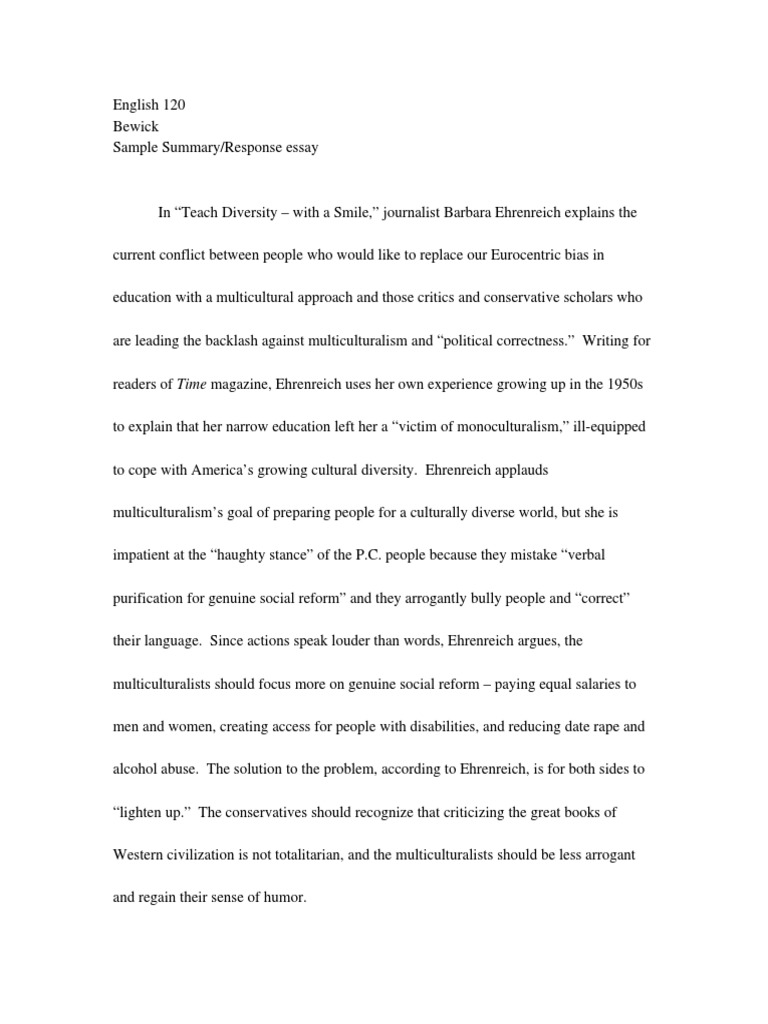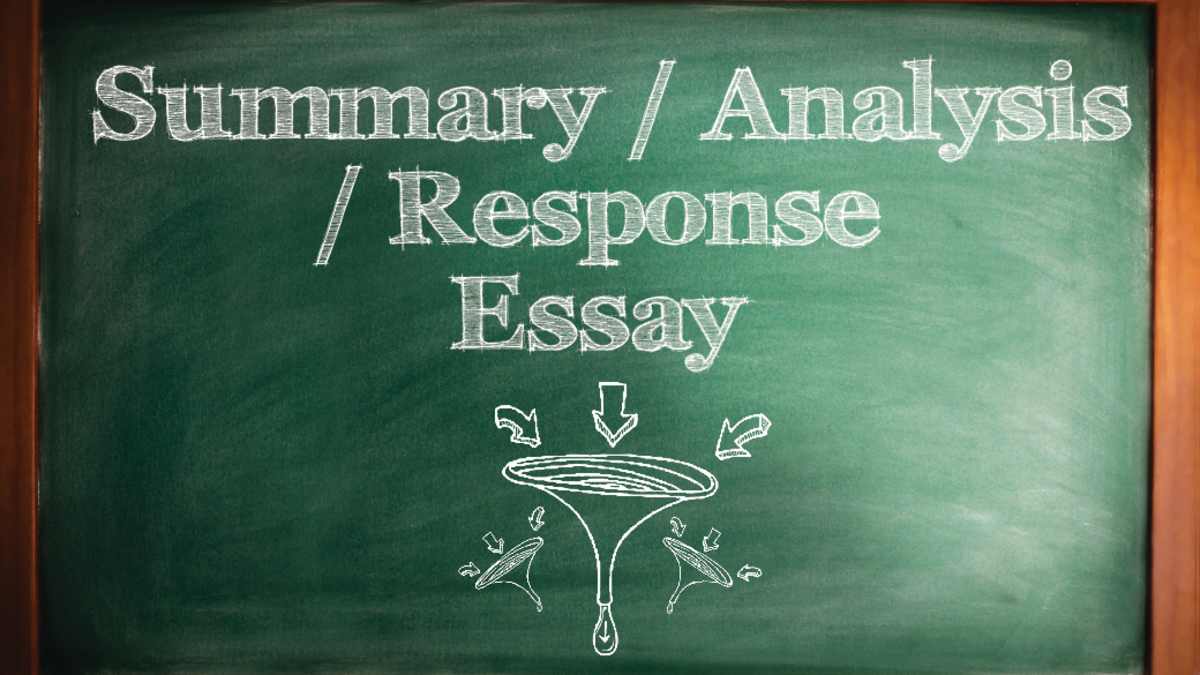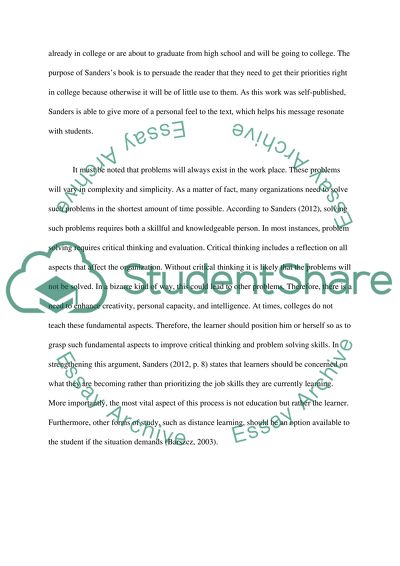A response essay is a written piece in which you express your personal opinion or evaluate someone else's work or ideas. Response essays are often assigned in college as a way for students to critically analyze and respond to a particular text, article, or piece of media.
If you have been asked to write a response essay, there are a few steps you can follow to ensure that your essay is well-written and effective.
Read and understand the text or work you are responding to. It is important that you fully understand the ideas and arguments presented in the text before you start writing your response. Take notes as you read, and highlight or underline key points.
Determine your purpose for writing. Do you agree with the ideas presented in the text? Do you disagree? Are you trying to provide a balanced perspective? Knowing your purpose will help you structure your essay and choose the right tone.
Develop a clear thesis statement. Your thesis should state your opinion or evaluation of the text in a clear and concise manner. Your entire essay should be focused on supporting this thesis.
Use specific examples from the text to support your thesis. As you write your essay, use specific quotes and examples from the text to support your points. Be sure to explain how these examples support your thesis.
Use transitional phrases to help the reader follow your argument. Transitional phrases such as "however," "in contrast," and "on the other hand" can help the reader understand how your ideas are connected and how you are building upon your thesis.
Conclude your essay by summarizing your main points and restating your thesis. Your conclusion should leave a lasting impression on the reader and reinforce the main points of your essay.
Here is an example of a response essay:
In "The Myth of Sisyphus," philosopher Albert Camus presents the idea that finding meaning in life is an absurd pursuit. Camus argues that life is inherently meaningless, and that we must embrace this fact and find our own way of living with it.
I agree with Camus that life can often feel meaningless, but I disagree with his conclusion that we should simply accept this fact and find our own way of coping with it. Instead, I believe that we can find meaning in life through our relationships with others, through our personal passions and goals, and through our contributions to the world.
For example, Camus describes Sisyphus as a man condemned to roll a rock up a hill for all eternity, with no purpose or reward. However, I would argue that even this mundane task can be given meaning if Sisyphus is able to find enjoyment in the process itself, or if he is able to connect with others through his struggles. Additionally, I believe that pursuing our own passions and goals, whether they are career-related or personal, can provide us with a sense of purpose and meaning in life.
In conclusion, while I agree with Camus that the search for meaning in life can be an absurd pursuit, I believe that we can find meaning through our relationships, passions, and contributions to the world. It is important to recognize the inherent meaninglessness of life, but we should not let this fact discourage us from striving for something greater.






